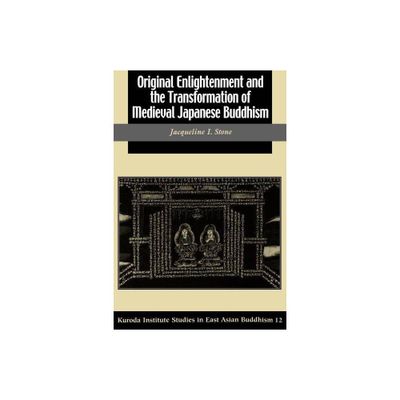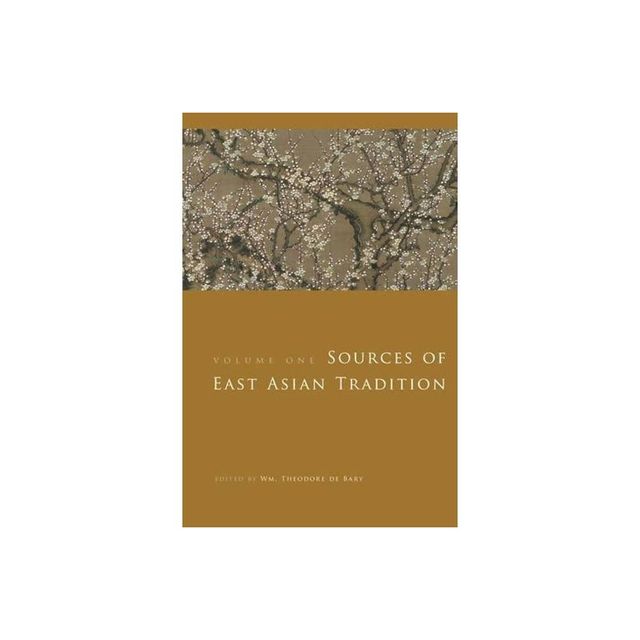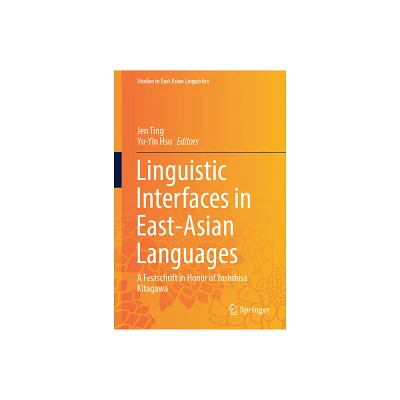Home
Fukuzawa Yukichi's Bourgeois Liberalism: the Betrayal of East Asian Enlightenment
Loading Inventory...
Barnes and Noble
Fukuzawa Yukichi's Bourgeois Liberalism: the Betrayal of East Asian Enlightenment
Current price: $69.99


Barnes and Noble
Fukuzawa Yukichi's Bourgeois Liberalism: the Betrayal of East Asian Enlightenment
Current price: $69.99
Loading Inventory...
Size: Hardcover
*Product Information may vary - to confirm product availability, pricing, and additional information please contact Barnes and Noble
Fukuzawa Yukichi’s Bourgeois Liberalism
introduces readers to the East Asian Enlightenment led by Fukuzawa Yukichi, one of the most important figures in the intellectual history of modern Japan. Despite his impact on political theory and modern Japanese history, Fukuzawa remains under-researched in Western academia, and while a few English-language books have been written about Fukuzawa, none have dealt with his political theory. This book describes Fukuzawa as a character with universal relevance and a unique view of the Enlightenment tradition. Emphasizing the power of bourgeois liberalism and the debate regarding its potential for transforming the strict class-caste society of Tokugawa Japan, Hwang discusses Fukuzawa's belief in the significance of individual autonomy, progress, and liberal rule of law in developing his project of the East Asian enlightenment, as well as his supposed “betrayal” of his early commitments due to his existential desire for Western recognition of Japan’s greatness. The book ends with an analysis of the complex relation between liberalism and progress in the East Asian context.
introduces readers to the East Asian Enlightenment led by Fukuzawa Yukichi, one of the most important figures in the intellectual history of modern Japan. Despite his impact on political theory and modern Japanese history, Fukuzawa remains under-researched in Western academia, and while a few English-language books have been written about Fukuzawa, none have dealt with his political theory. This book describes Fukuzawa as a character with universal relevance and a unique view of the Enlightenment tradition. Emphasizing the power of bourgeois liberalism and the debate regarding its potential for transforming the strict class-caste society of Tokugawa Japan, Hwang discusses Fukuzawa's belief in the significance of individual autonomy, progress, and liberal rule of law in developing his project of the East Asian enlightenment, as well as his supposed “betrayal” of his early commitments due to his existential desire for Western recognition of Japan’s greatness. The book ends with an analysis of the complex relation between liberalism and progress in the East Asian context.


















